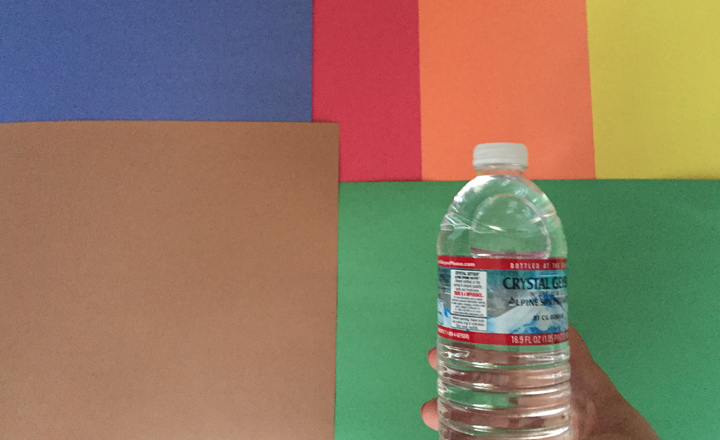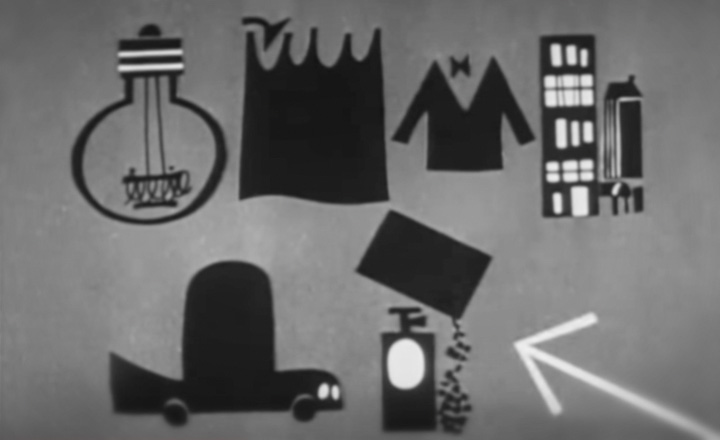“Liberation from oppression and liberation from suffering require transformation in two spheres: 1) the creation of a society based on justice, democracy, and equality and 2) the transformation of ourselves and our relationships based on authenticity, interdependence and compassion.”
Came across this today.
You ever read something that feels like it gives you superpowers? Like it gave you language for something you’ve inherently known but couldn’t explain .…
This is a MUST READ for organizers:
“For the last 50 years, social justice movements have tried to systematically organize people to oppose this system and to fight for a more just alternative. While oppression manifests in the lives of individuals, it is inherently systemic. It is structured through the political system, the economy, and civil society. Thus, while individuals can be sheltered from abuse and exploitation, oppression is a system-wide phenomenon. It can, therefore, only be transformed at the systemic level through changing the structures, practices, and culture of a whole society.
“Suffering, on the other hand, is a way to describe the anxiety, fear, stress, disappointment, self-loathing, and other psychological and emotional conditions that show up in people’s lives.
“The social justice movement is not generally well-equipped to deal with suffering. The key distinction between oppression and suffering is that suffering is an internal response to the external conditions that we face. Some suffering is a result of oppression; other suffering is not. In many cases, the suffering that poor and working class people and other oppressed groups experience is directly related to the oppression that they face. Exploitation, police violence and other forms of oppression can be physically incapacitating (even deadly), and they can be psychologically and emotionally paralyzing. The fear, doubt, self-hatred, and internalized oppression that can come from these experiences are a form of suffering.
“While suffering can be rooted in oppression, it can also be generated from other life experiences. For example, a person who has an ‘over-achieving’ older sibling can have a consistent feeling of self-disappointment and always feel the need to play catch-up. That person’s parents may have discouraged or ignored their achievements while showing greater support and encouragement for their sibling. This can lead to disillusionment and a paralyzing lack of confidence.
“These kinds of experiences and trauma, and the feelings that result from them, may have little to do with systemic oppression. But whether these emotions are caused by oppression or not, the internal response can take the form of suffering. Suffering becomes a barrier to people bringing their best selves forward, particularly in interpersonal relationships and in their relationship to themselves.
“Although oppression and suffering are related, they are not the same thing. Oppression is imposed from the outside while suffering is generated from the inside. The difference between
oppression and suffering is important because it means that different actions are required to transform them. The abolition of oppression requires that we engage society’s structures,
whereas the extinguishing of suffering requires that we engage ourselves.
“Many people in the world – including many organizers in the social justice movement – are caught in the grips of suffering. The suffering shows up as non-productive behavior and as moods and mindsets that can hamper effectiveness. These behaviors can cause difficult relationships, and they can even derail whole organizations. At times people unconsciously play out their traumas in organizational and movement spaces, leading to damaged organizational relationships, isolation from allies, and ultimately stagnation.
“The experience of Nelson Mandela is instructive. The South African government imprisoned him for opposing the racist apartheid regime, a clear example of oppression. He was powerless to stop this oppression; it was imposed on him by the apartheid political system. His oppression was externally generated. His 27 years of imprisonment were undoubtedly brutal and dehumanizing. Yet he never let the experience take away his dignity or his sense of self. He experienced oppression and pain, but he refused to let his experience be one of suffering that eroded his internal integrity or his wholeness. In the end, Mandela left prison seemingly more balanced and poised than many of his comrades who had not been jailed. Drawing on his vision and compassion, he ultimately led his country into a new era.
“Transformative Organizing believes that both oppression and suffering are impediments to people’s ability to live whole lives, reach their potential, and find fulfillment. True freedom is incomplete without both liberation from oppression and liberation from suffering. Because external oppression and internal suffering work together in a vicious cycle to keep each other alive, it is essential to engage both of them through an integrated process. When people are oppressed, their reaction can often be to internalize the oppression by taking on the narrative of inferiority promoted by the oppressor. This internalized oppression is a form of suffering; it is conditioned by external oppression, but it is an internally generated response that degrades a person’s wholeness, integrity, and sense of self. This internal suffering can impede people from taking action to end external oppression. Stress and self-loathing hinder them from bringing their most effective and clear selves to the task of liberating themselves from external oppression. This inaction then allows the external oppression to continue and to become normalized, in turn causing even more suffering.”
—Transformative Organizing: Towards the Liberation of Self and Society, Social Justice Leadership, via Radical Equality Tools
FULL READ HERE.
—andru defeye
Flommist Andru Defeye is the Guerrilla Poet Laureate of Sacramento. Copyright © 2018 Andru Defeye. Top image: Original panels from Superman vs. Muhammad Ali, 1978.
PLEASE SUPPORT FLOMM
TIPS + DONATIONS DISCREETLY ACCEPTED
















